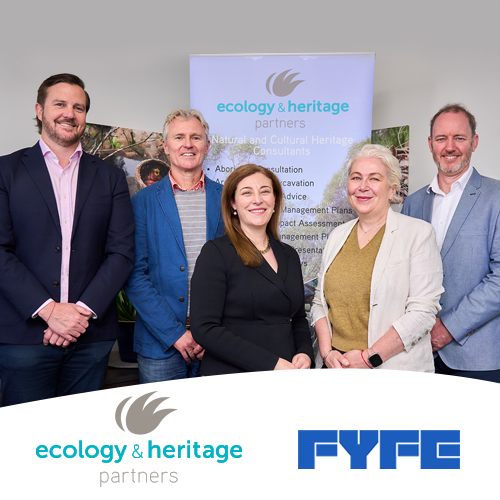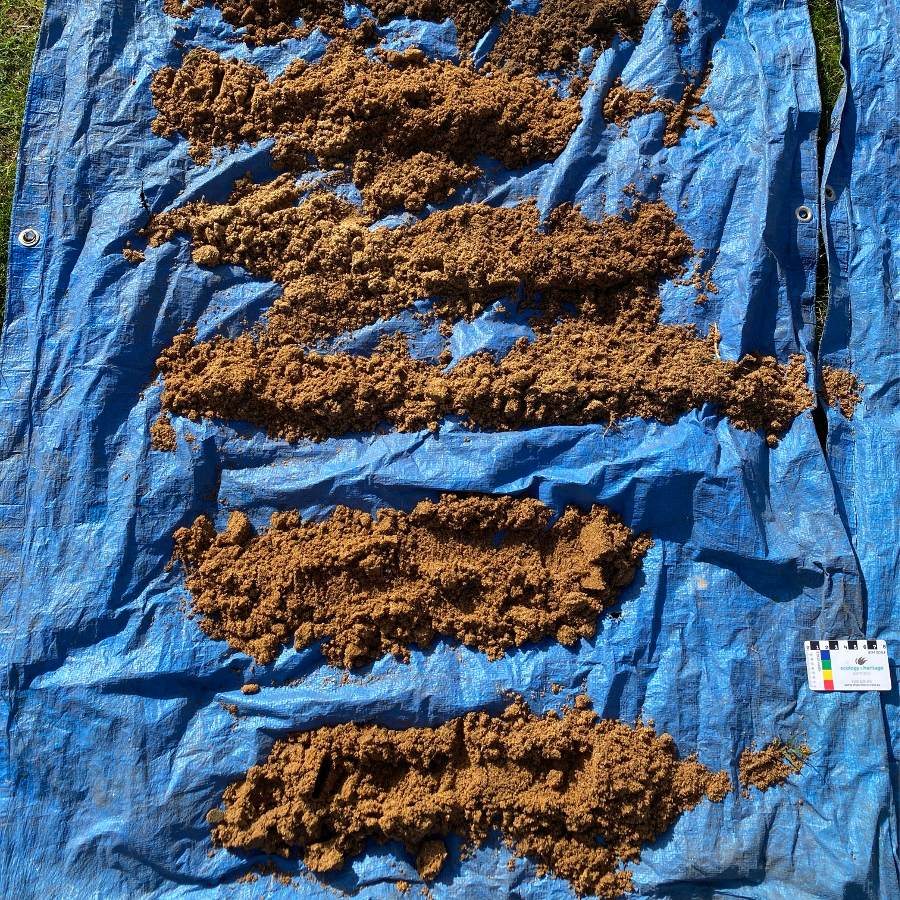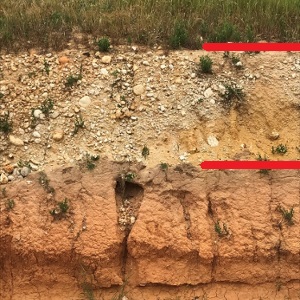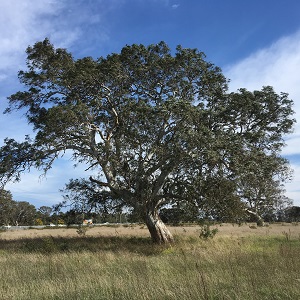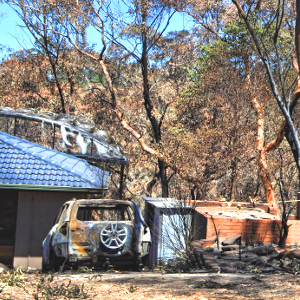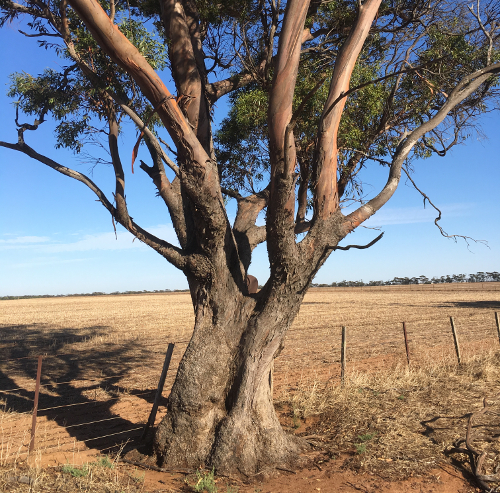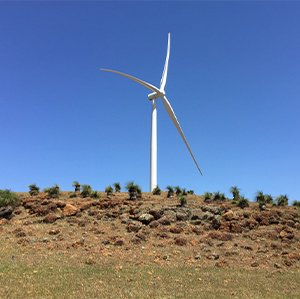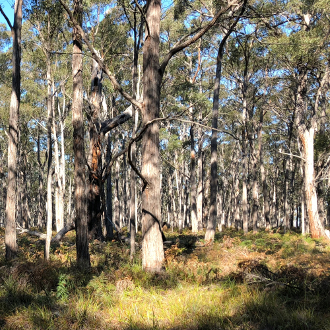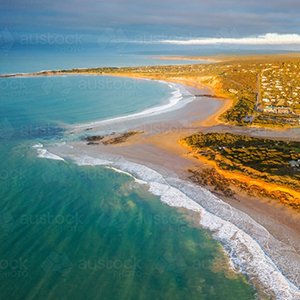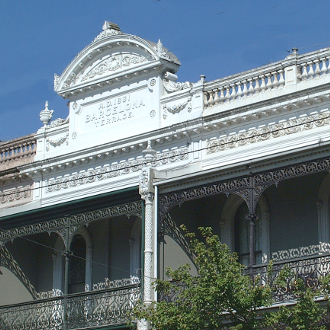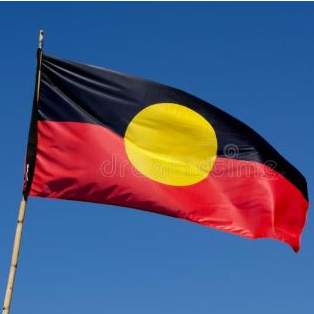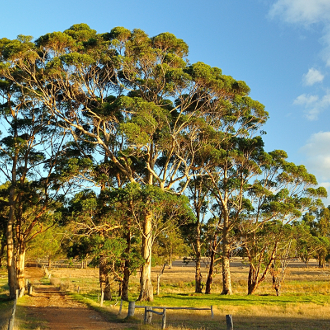ACT's Environmental Report Card Is In
Release of the 2015 ACT State of the Environment Report

The Office of the Commissioner for Sustainability and the Environment recently released the 2015 ACT State of the Environment Report.
The report, launched 18 February 2016, is provided to the ACT Government every four years and provides an assessment of the state of the ACT environment and trends in key measures, the pressures on it and their impacts. It also examines the management initiatives that are in place. It notes key environmental strategies for climate change, nature conservation, planning, water, waste and transport with a view to guide sustainable approaches to meet the needs of the people in the region.
According the Commissioner for Sustainability and the Environment, Ann Lyons Wright: “What we need moving forward is more effective and consistent monitoring and reporting on the progress of the strategies and initiatives; resources for building essential knowledge bases and monitoring the outcomes of action; greater use of broad-scale landscape assessments in planning and a best practice climate change adaptation strategy.”
Biodiversity
With regards to biodiversity, it is confirmed that the ACT has the legislative and policy frameworks to conserve, maintain and improve biodiversity within protected areas, however, outside of protected areas, although there has been progress in conservation of natural resources (land, soil and water), progress in conservation of biodiversity, including both habitats and species remains a challenge. Read more here.
Heritage
The report highlights that the number of objects and places registered on the ACT Heritage Register and protected by provisions of the Heritage ACT 2004. It provides some indication of the state of our heritage however, the condition of ACT heritage places and objects is not monitored, and thus assessments are incomplete. Read more here.
Ecological footprint
Although a small reduction in the ACT ecological footprint per person was noted (down to 8.9 global hectares per person from 9.2 global hectares reported in 2011), it is still concerning that the ACT has the highest ecological footprint in Australia – one that is three and half times the world average.
The challenge of reducing this footprint “cannot be met by Government alone,” says Commissioner Ms Lyons Wright, “as individuals and as a community, we must make considered choices about our everyday lives and move towards levels of consumption that will reduce our demands on the ecosystems that support us.”
One of the reviewers of the report process was Richard Sharp, Senior Consultant: Environment and Infrastructure, of Ecology and Heritage Partners’ Canberra office, and Certified Environmental Practioner. Richard was invited as an external expert to review the heritage chapter because of his relevant expertise in this particular field and received special thanks for his contribution.
For expert ecological and cultural heritage advice, or review services for your environmental reports relating to land, water, biodiversity and heritage matters, please contact our team on 1300 832 333 or via email.
Relevant link:
2015 ACT State of the Environment Report
